In this Gen-Z generation, students are smart and fast-paced. Gone are the days when each student followed the traditional process of schooling, getting a graduation degree then a post-graduation degree, internships, and finally starting to earn. Nowadays, students start skilling themselves and start to earn while they are giving their board exams.
Vocational education has become very popular among students. They use it to fasten their professional journey. The majority of premier Institutions around the world provide a wide variety of courses, degrees, and credentials. It’s crucial for your financial independence that you choose your way to your career path carefully. Consider vocational courses after the 12th if you’re seeking a study route that emphasizes practical skills and is career-oriented. Despite the advantages and variety of vocational programs, persistent myths and misunderstandings cloud students’ and parents’ judgment when they choose post-secondary options.
- ▪ What are Vocational Courses?
- ▪ Advantages of Vocational Courses
- ▪ Vocational Courses after 12th
- ▪ Popular Vocational Courses after 12th
- ▪ List of Vocational Courses after 12th Commerce
- ▪ Vocational Courses after 10th
- ▪ Students can also opt for intermediate Vocational Training Courses.
- ▪ FAQs related to Vocational Courses
A lot of young social media influencers swear by vocational courses that helped them to become finally independent and an expert in their field. They have lifted the stigma around doing vocational courses instead of opting for regular college and enjoying ‘college life.’
We define a vocational course, explain what a vocational degree means, discuss the alternatives for vocational subjects, and describe the kinds of vocations or professions this can open up for you.
What are Vocational Courses?
A vocational course emphasizes hands-on learning and gets students ready for a specific trade or skilled job. This contrasts with the more intellectual and theoretical courses that might lead to a number of careers, such as history, philosophy, or mathematics.
A lot of parents are not clear about what is a vocational course. Vocational programs are created expressly to give students the skills they need to enter the workforce. Students who take a vocational course after 12th have usually a clear notion of their professional path and want to learn the skills to get there should take vocational courses.
Sometimes people believe that degrees and certifications in the vocational field are less important or prestigious than degrees in the academic or professional fields. This isn’t true, though, and a lot relies on how advanced the vocational course is. Some vocational courses after 12th are comparable to postgraduate programs or even undergraduate degrees. There are so many options to choose from in vocational courses in India. In comparison to more conventional, academic courses, a vocational degree may be more suitable for you if you like to learn in a practical setting.
Boards of education like CBSE provide a list of vocational subjects that students can opt for!
Office Secretary ship
Office Practice and Secretaryship
Secretariat Practice & Accounting
Office Communication
Stenography & Computer Application
Typewriting (English)
Stenography (English)
Typewriting (Hindi)
Stenography (Hindi)
Accountancy and Auditing
Financial Accounting
Elements of Cost Accountancy & Auditing
Additional Subject Optional
Store Accounting
Typewriting
Marketing and Salesmanship
Marketing
Salesmanship
Consumer Behaviour and Protection
Banking
Cash Management and HouseKeeping
Lending Operations
Management of Bank Office
Advantages of Vocational Courses
Professional Growth Benefits
Vocational courses after 12th have innumerable advantages. Vocational courses in India provide many kinds of benefits to students. Vocational courses after 12th are usually opted for by students with a very streamlined approach towards their career path or those who have multiple commitments professional and personal.
Emphasis on Practical Expertise
The foundation of vocational degree courses is “learning by doing.” The emphasis of vocational courses after the 12th is on practical learning rather than theoretical learning. In vocational schools, students practice real-world skills that they will need and can use in the industry much more frequently.
Grooms for Global Representation
Vocational courses after 12th condition students for global representation. Students from a variety of various life situations are drawn to vocational institutions. Students have the opportunity to take classes and collaborate closely with peers from various racial, cultural, and socioeconomic backgrounds. Students attend classes with peers from a range of nations and then work in hotels and restaurants all over the world.

Make Lifelong Relations with International Students and Professors
In a regular classroom, students might only attend their classes for a few hours a week because they need to do their research papers. The practical skills and subject information students learn in vocational courses after 12th are industry specific.
Flexible Schedules
Vocational Courses after 12th are designed to assist non-traditional students who seek to pursue their education while juggling other responsibilities. For people attempting to advance their careers while maintaining a full-time job, this choice is advantageous because it offers options like online learning, evening, and weekend classes.
Vocational Courses after 12th
Here is the following vocational courses list after 12th across industries.
These are the top 51 vocational courses after class 12 in 2024
- French Language and Translation
- Italian Language and Translation
- Modern Arabic Language and Translation
- Modern Persian Language and Translation
- Pashto Language and Translation
- Portuguese Language and Translation
- Russian Language and Translation
- Spanish Language and Translation
- Turkish Language and Translation
Delhi University provides a lot of language courses
- Advanced Diploma in Child Psychology
- Advanced Diploma in Counselling Psychology
- Diploma in Applied Psychology
- Diploma in Child Psychology
You can enrol for certification courses as starters on platforms like Coursera. Platforms like Coursera provides good courses to kickstart your career as a psychologist.
- Engineering (Civil/ Computer/ Electrical/ Electronics/ Mechanical) (Self-financed)
- Engineering (Regular) (Civil/Computer/Electrical/Electronics/Mechanical)
- Training in SEO (Search Engine Optimization)
- Online Marketing
- Photography
- Clothing Design
- Animation
- Beautician training
- Typing
- Tax Procedure and Practice
- International Trade and Customs
- Providing catering
- Advertising & Marketing
- Management of Tourism
- IT and communication
- Cinematography
- Multimedia
- therapy psychology
- Computer Program
- Office Organization and Secretarial Skills
- Small and Medium-Sized Businesses
- Materials Administration
- Insurance Management and Marketing
- Retail business and marketing administration
- Human Resource Administration
- Managing the media and journalism
- Services including hospitality, catering, travel, and tourism
- Trend Technology
- Inside Decorating
- confectionery and baking
- Design for Jewelry and Accessories
- Trend Technology
- Boutique Administration
- Interior Styling & Design
- Makeup artist
- Nutrition & Diet
- Nutrition for Sports
- Performance & TV Production
Popular Vocational Courses after 12th
1. Animation Course
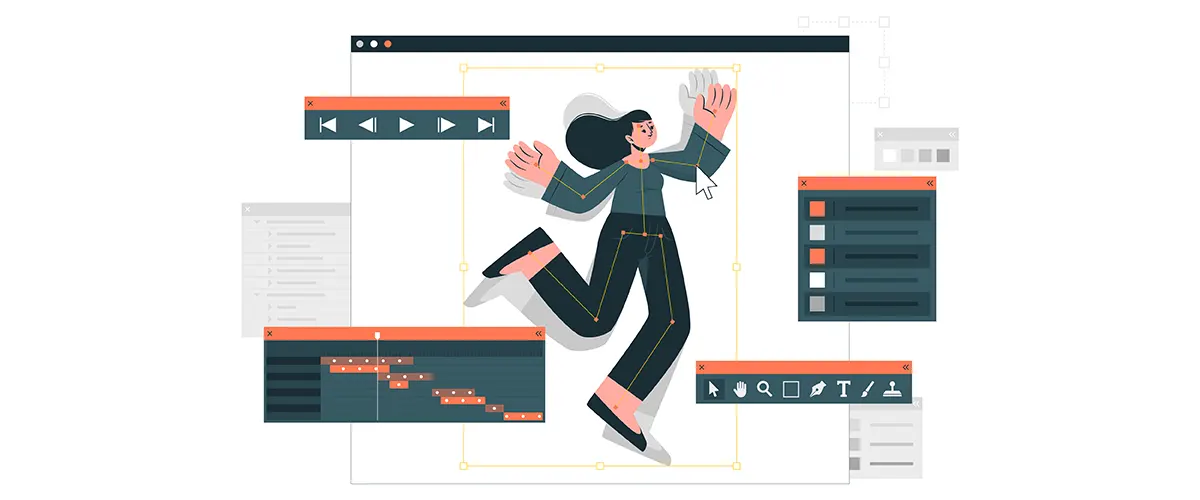
For those who love to work their magic, the animation sector offers countless opportunities. Cartooning is commonly mistaken for animation. Drawing caricatures of figures with certain details to give them a sense of humour is known as cartoons. Animation, on the other hand, is the art of giving these characters life. Animation is the art of giving inanimate objects alive using different contemporary computer-based sequencing tools. It is one of the most sought-after vocational courses after 12th.
Getting Started
Getting a graduate degree or diploma in animation is the best approach to pursuing a career in the field. However, there are currently very few institutions in India that provide graduate-level animation programs. On the other hand, a variety of institutions provide animation diploma programs. Another crucial course to complete before entering the animation industry is a Bachelor of Fine Arts (BFA). The duration of a diploma study in animation ranges from six months to one and a half years, while a bachelor’s degree in animation and the BFA are three-year programs. The minimum requirement for pursuing a diploma or degree in animation is a 10+2 from a recognized board with at least 45% marks.
Average Fees Structure
The charge might range from Rs.50,000 to Rs.2,000,000 depending on the institution and the degree you choose. Vocational courses after 12th usually don’t burn a hole in parents’ pockets if compared to degrees from private colleges
Job Opportunities
Because of the expansion of the entertainment and gaming industries, job opportunities for animators are expanding quickly. Due to the overuse of special effects, animation has overtaken the film, television, and advertising sectors throughout time. Full-length animated films are highly sought after. With up to 500 animators needed for one animated feature, there are a lot of job prospects. One of the practical, lucrative, and challenging employment possibilities that benefit both the entertainment and education (e-learning) sectors is animation.
Salary Range
Young people are gravitating toward animation since it is a rewarding and lucrative career. In animation studios and production houses, newcomers to the field typically hold junior animator positions. These animators’ initial salaries can range from Rs. 10,000 to Rs. 15,000 per month. You can advance to the position of senior animator and earn up to Rs. 30,000–Rs. 40,000 per month in just three to five years. You could earn more than Rs. 50,000 if you’re exceptionally inventive and have worked on some cutting-edge initiatives.
The list of top animation companies is shown below:
1. Toonz Animation India
2. Pentamedia Graphics
3. Maya Entertainment
4. UTV Toonz
5. Heart Entertainment
6. Padmalaya Telefilms
7. Nipuna Services Ltd
8. Jadoo Works
9. Crest Communications
10. Silvertoon Studio, Mumbai
2. Foreign Languages
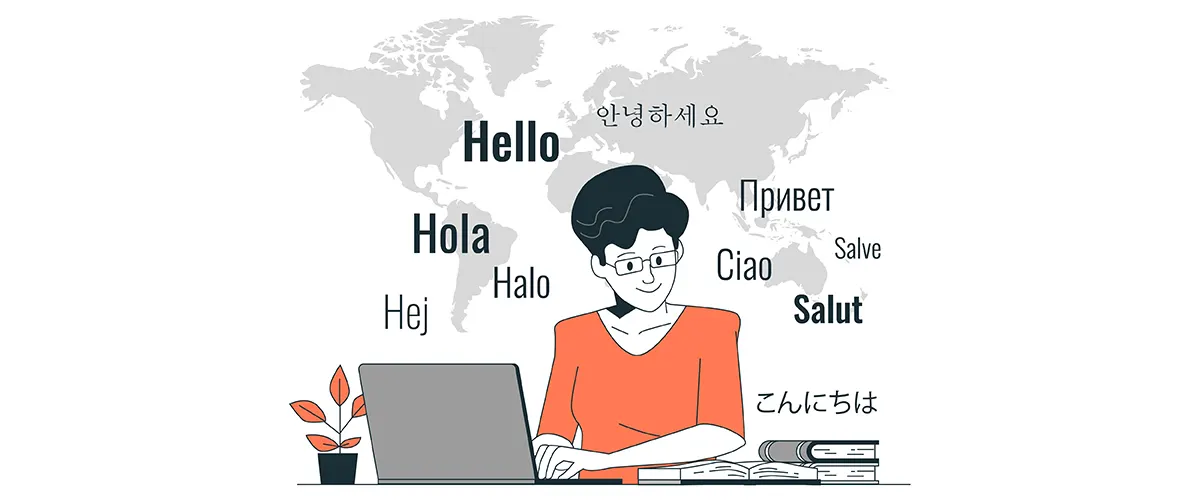
Foreign languages are the most popular vocational courses after 12th opted by a large crowd of students. A lot of students have an inclination toward foreign languages from school. Every area of human endeavour, including the social, economic, and political realms, revolves around languages.
Every person needs to be well-equipped now more than ever as modern Indians become a major role on the global socioeconomic stage.
It is imperative to be able to compete on an equal footing with other multinational and global players. And the fundamentals of communication—which are found in the priceless practice of speaking various languages—allow one to do this.
The days of talking with people only in their own language, particularly in business transactions, are long gone.
The world has become a global village thanks to the inventive development of modern technologies. More than ever, the linguistic barrier needs to be overcome.
Getting Started
There are numerous foreign languages that you can learn. When selecting the best language to learn, there are numerous things to take into account.
French, German, Spanish, Mandarin Chinese, and Japanese are the top five foreign languages studied in India.
These are recognized as the most desirable languages for immigration, employment, and career prospects.
Russian, Dutch, Portuguese, Arabic, Italian, Persian, Korean, and other languages are, however, attracting more and more interest from Indians both at home and abroad.
Average Fees Structure
In India, the average cost of a foreign language course is between INR 1,000 and INR 1,50,000.
Job Opportunities
The key to unlocking a larger door for a career in important areas is having the necessary academic credentials and level of skill in foreign languages.
It also provides the chance to work with multinational businesses (MNCs) and specialized governmental organizations. It covers tourism, diplomatic services, embassies, journalism, mass communication, public relations, entertainment, the arts, publishing, interpretation, and translation.
India’s economy is expanding at the third-fastest rate in the world.
Translation, Interpretation, or Teaching
Custom/Immigration Services
Positions in IT, KPO, BPO, & MNC
Hotel, travel, and tourism
Import and Export Sector
Foreign language proficiency offers expanded professional opportunities.
The average salary of a language expert ranges from 20 LPA to 35 LPA
Delhi University provides a lot of language courses
3. Commercial Pilot
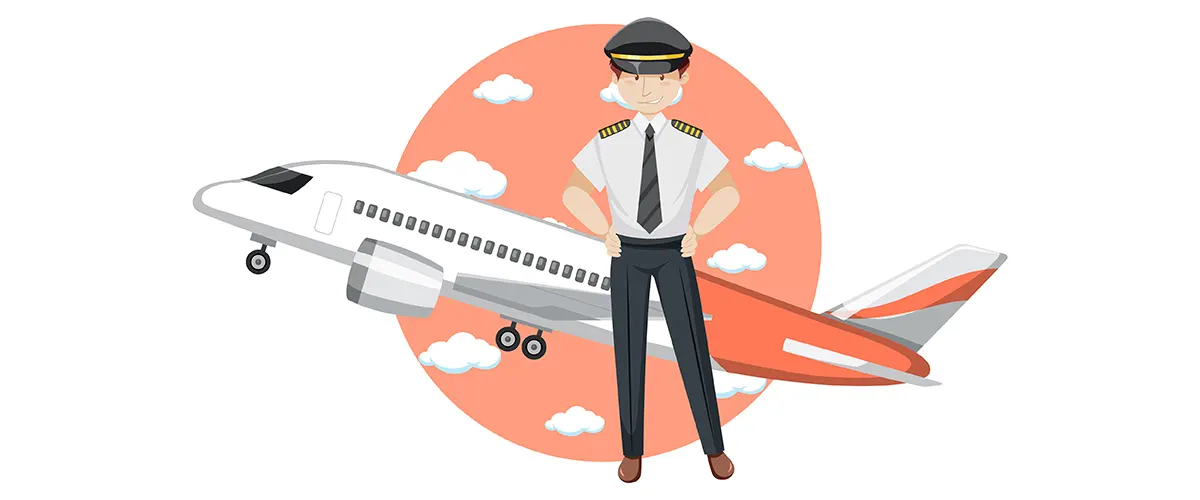
You can live an exciting, fulfilling, and fast-paced lifestyle as a pilot. Additionally, you may get the chance to travel and encounter various cultures. A commercial pilot is a very responsible job and one of the most difficult vocational courses after the 12th.
Pilots are highly skilled, seasoned individuals who are qualified to fly various planes and helicopters.
Courses & Qualification
There are numerous pilot training institutions in India that offer a variety of training programs. This is where the institutions’ training programs are offered. After completing grade 12, you can enrol in these training courses.
Training Programs
Student Pilot License: This program lasts six months.
Private Pilot Licensing: This training lasts one year.
Commercial Pilot License: This program takes three years to complete.
You are only permitted to fly as a co-pilot after completing these training programs. An airline transport pilot’s license is required if you want to fly as a captain.
Minimum Qualification to become a Pilot:
You must pass your 12th-grade or comparable exam.
You must receive 50% or above on your class 12 exam.
Only those applicants who have completed 12th grade in Physics, Chemistry, and Mathematics are accepted for the pilot training program.
The required upper age limit is 17 years.
Skill Sets needed to become a Pilot:
Excellent IQ and problem-solving abilities
Fit physically
Ability to Make Decisions
Good vision
Exceptional Communication Skills
The average yearly pay for pilots in India is 16.0 lakhs, with salaries ranging from 0.1 lakhs to 85.0 lakhs.
Job Profiles:
Co-Pilot
Chief Pilot
Commercial Pilot
Airline Pilot
Captain
Commuter Pilot
First Officer
Experimental Test Pilot
Top Recruiters:
Air India
India Jet Airways
Alliance Air
Air Costa
Air India Charters Ltd
SpiceJet
IndiGo
AirAsia
One can become a commercial pilot in India if they have 250 hours of flight time under their belt. In India, commercial pilots earn good pay. They can make Rs 1.5 lakh a month as a fresher. They can earn between Rs. 5 and 6 lakhs a month travelling internationally after obtaining experience.
A private jet pilot’s starting pay is equal to that of a commercial pilot, however, after gaining expertise, they are paid Rs. 50 lakh annually.
4. Digital Marketing
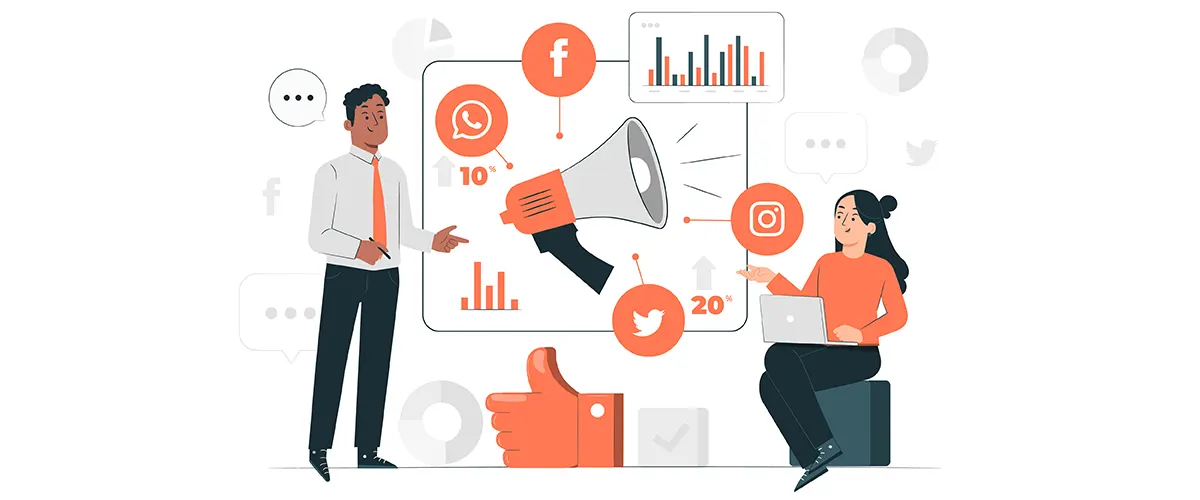
Digital marketing is a very lucrative field that is only gaining more and more demand. Digital marketing is one of the most trendy vocational courses after 12th. It encompasses a wide range of activities, but website development, traffic generation, page creation, search engine optimization, and many more activities are simply the most basic ones. Everyone is aware that every single person using the internet has a legitimate website. Therefore, it is crucial to understand the potential of digital marketing in the future.
The folks want to make sure that their websites have a chance to rank highly in searches. The primary assistance that they initially want may be digital marketing. One of the key causes for why people nowadays view digital marketing as a crucial tool is because of this.
Digital Marketing Skills in Demand
Search engines are where almost 93% of all online communication and interaction start. It demonstrates how important SEO-friendly content is and how it may help a website rank well on Google and other search engines.
Organic and paid methods of ranking websites at the top of all search engines are effective forms of advertising for companies. A person’s ability in areas like SEO and SEM can improve the site’s rating across all search engines.
Demanding skills as a Digital Marketer:
SEO
SMO
SMM
Paid media
Video Production and Marketing
Data Analytics
Content marketing
Graphic design
Pay per click (PPC)
Inbound Marketing
Conversion rate optimization
Growth hacking
Business analytics, etc.
Depending on the curriculum type you select, different digital marketing courses in Delhi have different costs. Digital marketing courses in Delhi typically cost between 50,000 and 1,000,000 rupees as a course fee.
The average monthly wage for digital marketing is Rs.50,000 per month.
Top Recruiters:
Cognizant Technology Solutions
Tata Consultancy Services
Barclays
OYO
Uber
5. Banking & Finance
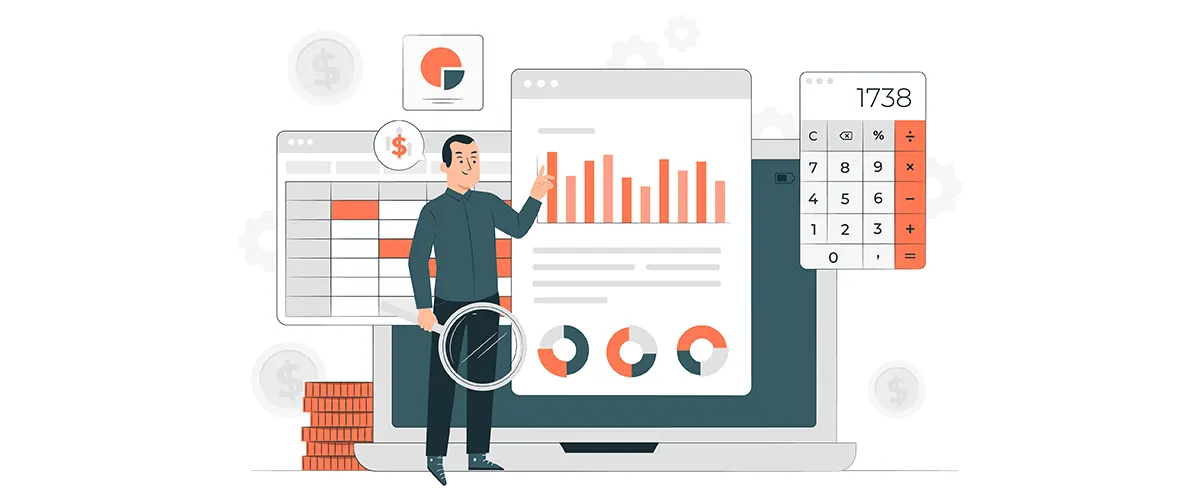
Although there are many attractive positions in banking that pay well and provide job security, getting ready for a career in banking typically entails graduating with a degree in finance, economics, banking, or commerce and passing bank tests.
Benefits of having a career in banking and finance-
Attractive pay both in India and overseas
If you’ve worked for a government bank, you’ll receive a competitive salary and pension.
There is no cap on promotions
A field ideal for professionals and those with strong aspirations
Motivation for community and public service
Job stability is one of the key advantages that influence people to choose a profession in banking.
In this industry, anyone with a basic education in the subject of business is accepted as a fresher.
Since the banking industry is the foundation of every economy, it is unaffected by economic downturns.
Occupational gratification and general skill development
| Job Roles | Average Salary |
| Bank Manager | 7 LPA |
| Financial Accountant | 4 LPA |
| Financial Risk Manager | 11 LPA |
| Certified Public Accountant | 7 LPA |
| Investment Banker | 10 LPA |
| Equity Analyst | 4 LPA |
List of Vocational Courses after 12th Commerce
- Business Administration
- Office Secretary Training
- Marketing & Salesmanship
- Accountancy & Auditing
- Accounting & Taxation
- Small & Medium Enterprises
- Retail
- Office Assistantship
- Financial Market Management
- Insurance & Marketing
- Stenography & Computer Applications
- BVoc in Retail Management & Information Technology
- Banking & Financial Services
- BVoc in Retail Management
- BVoc in Banking & Finance
- BVoc in Bakery & Cookery
- BVoc in Accounting Taxation & Auditing
- BVoc in Retail & Sales Management
- BVoc in Accounting & Taxation
- BVoc in Retail Management & Logistic Management
- BVoc in Financial & Marketing Services
Vocational Courses after 10th
There are also a lot of options for doing vocational courses after 10th.
Vocational courses list after 10th across different industries.
- Course for physiotherapy assistants
- Course in Medical Lab Technology
- Ophthalmic Assistant
- Marketing and sales tactics
- Workplace Assistance
- Marketing & Insurance
- Marketing Director
- Food and beverage services diploma
- Bakery and confectionary diploma
- Craft Certificate in Food Production
- Certificate in Housekeeping
- Typewriting (Hindi and English)
- Tourism and Travel
- Skin & Hair Care
- Event Planning
- Catering Administration
- Food and beverage service certification
- Bakery and confectionery diploma
- Course For A Certificate In Photography
- Certificate in Photography
- Tax Practice and Procedure Certificate
- Diploma in Media Studies
- Certified Financial Management Professional
- Certificate in Photography and Camera
- Certificate Program in Management and Foreign Trade Procedures

Students can also opt for intermediate Vocational Training Courses.
What do intermediate vocational courses consist of?
Government, private, or cooperative junior colleges offer intermediate courses for two years. For admission to the numerous Degree Colleges offering general or professional education, these Courses are followed by coveted State level Entrance Exams.
Students can also opt for technical vocational courses as per their choice.
What are some technical vocational courses examples?
In place of a college degree, vocational skills often relate to jobs that you can learn with some basic training or on-the-job training. Examples of professions requiring vocational skills include electricians, truck drivers, hair stylists, medical records technicians, and emergency medical technicians.
FAQs related to Vocational Courses
1. Which course should I choose following my 12th vocational grade?
After graduating from high school, a vast array of vocational courses are offered. The course that best suits a student’s interests and professional objectives can be pursued.
2. What can I do once I finish high school?
Candidates have a variety of alternatives after high school, including earning degrees and short- or long-term vocational training.
3. Non-vocational courses: what are they?
Politics, history, sociology, English literature, philosophy, and other non-vocational subjects are available.
4. What purpose do vocational courses serve?
Students who want to learn specific skills might enrol in vocational courses.
ALSO READ:


Thanks for this information and it was helpful.
Wow Thanks for this article i find it hard to find extremely good tips out there when it comes to this blog posts appreciate for the information website
you are in reality a just right webmaster. The site loading velocity is incredible. It seems that you are doing any unique trick. In addition, The contents are masterwork. you have performed a wonderful task on this topic!